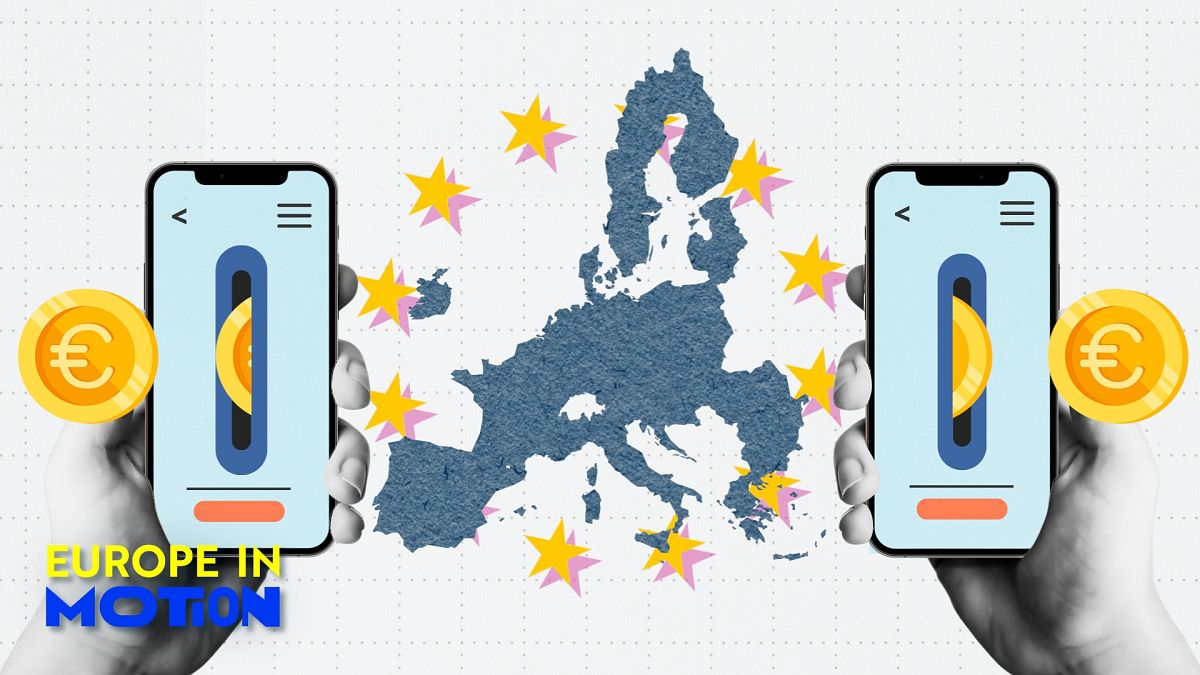The amount of money sent outside the EU by people who live within it keeps growing every year and is significantly higher than the money inflow.
The amount of money people are sending outside the European Union is growing rapidly.
Since 2018, it jumped by €20bn, reaching a record figure of €50bn in 2023, says Eurostat. This differs significantly from money received by residents in the EU – which totalled “only” €14bn last year, and remained stable since 2018.
All countries with a positive balance – meaning they received more money than they sent – were in eastern Europe, with nearly half being EU candidate members.
Serbia tops the list, followed by Romania, Croatia, Bosnia and Herzegovina, Bulgaria, Kosovo and Albania.
France has the most negative balance of payments, -€15.7bn, followed by Spain (-€8bn), and Germany (-€7.4bn).
Worldwide, the US is the largest source country for remittances.
The World Bank has defined them as a “crucial source” of money, particularly for low and middle-income countries.
In 2023, Latin America and the Caribbean was the region with the highest growth in remittance flows (7.7%).
South Asia’s amounts also grew substantially (+5.2%), “largely driven by robust flows to India, while the East Asia and Pacific region experienced a 1.8% growth, supported by remittances to the Philippines”.
On the other hand, remittances in Sub-Saharan Africa went down by 0.3%. These flows however continue to bolster countries grappling with food insecurity and debt issues, says the organisation.
Video editor • Mert Can Yilmaz
Read the full article here
